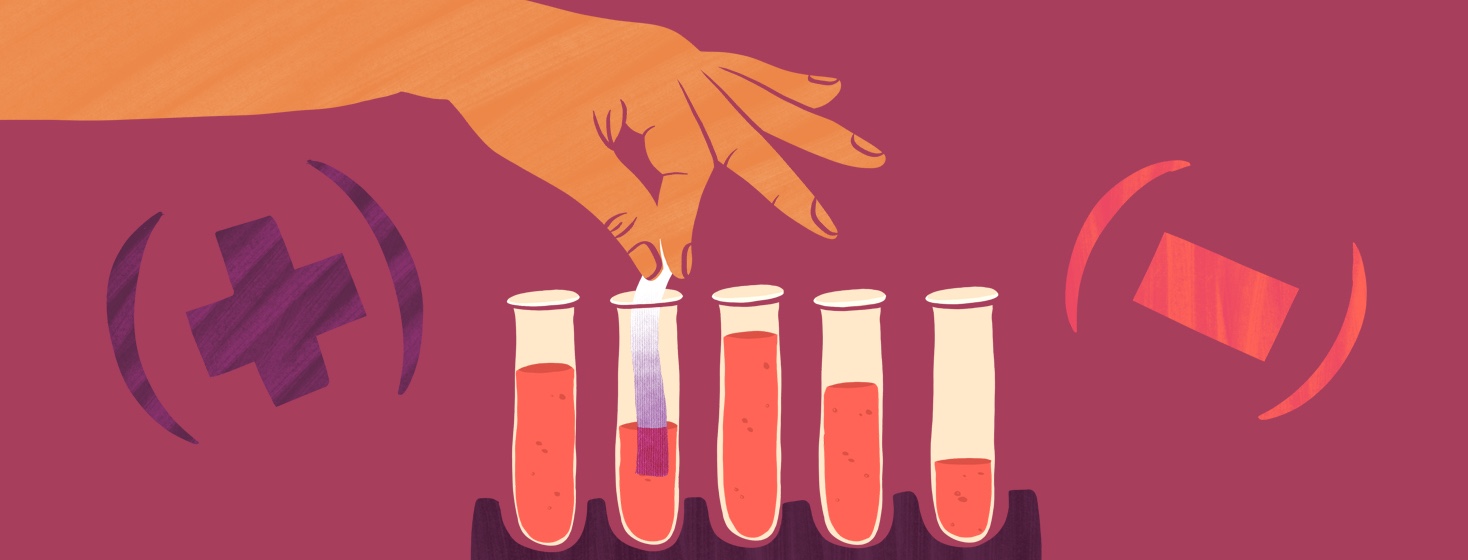Your Doctor Has Ordered a Hep Panel: Now What?
If your doctor is suspecting that you may have hep C, you may be ordered a Hep Panel. A Hep C Panel is a medical term for a blood test that identifies whether you have hep C.1 The following will outline what to expect from your Hep C Panel.
What does a Hepatitis Panel detect?
There are many types of hepatitis panels, because there are various types of hepatitis. The one that your doctor will request depends on whether you are being investigated for hepatitis A and B as well.1 These panels will detect antigens and/or antibodies of the virus.
An antigen is present outside the virus, so essentially this is a marker of whether the virus is present in the body. On the other hand, an antibody is a component of your immune system that detects the foreign antigen.2
Why would a doctor order a Hep C Panel?
Certain individuals that are at a higher risk of hep C are recommended to get screened for the virus, for example:3
- Those with a history of needle-stick injuries
- People who were born in a country that has a higher prevalence of hep C
- People who received blood transfusions before 1992 in North America
- People engaging in high risk practices, such as injection drug use
For people whose circumstances does not apply to any of the above, your doctor may request a panel because you show symptoms of hep C that cannot be explained otherwise. Examples of such symptoms include fatigue, poor appetite, or yellowing of the skin and eyes.4
What will the Hep C Panel identify?
The hep C Panel detects antibodies to the hep C virus. The presence of antibodies means that your body has been exposed to the hep C virus at one point in your life.
Do I need to prepare for the Hep C Panel?
You do not need to prepare for the panel any differently than any blood test. You do not need to fast for this panel either. If you are prone to fainting, make sure you are hydrated and have something to eat before-hand. The most common feeling people may feel prior to this test is apprehension, especially if they have been delaying the test. Sometimes, bringing someone with you to your appointment can help curb some of that anxiety.
When will I get my results?
It can be nerve wracking to wait for results of a blood test. Fortunately, results of a Hep C Panel get back to the physician quite rapidly, often within a couple days. However, your doctor may request that they see you in person to inform you of the results, so that may pose a delay.
Interpreting your results
A negative test means that you have never been exposed to the hep C virus, meaning that you do not have hep C.1 However, this comes with a caveat: If you have been exposed to hep C within the last 6 months, this test may not detect that, because the antibody levels will be too low to detect. Your doctor may request a follow-up test in 6 months’ time if you may have been exposed within the last 6 months.1
If your doctor calls you to inform you that your antibody test is positive, note that this does not meant that you have active hep C. Your doctor will order a follow-up test, called a RNA test, to measure the amount of virus in your body. This test will definitively inform whether you have active hep C, or whether your body has cleared the virus on its own.

Join the conversation